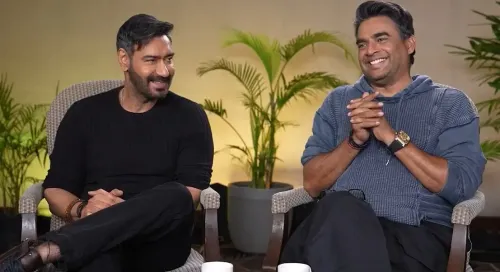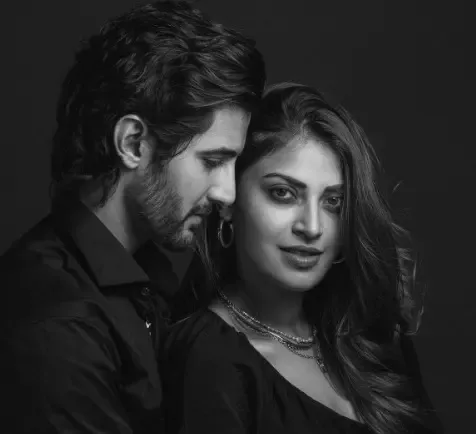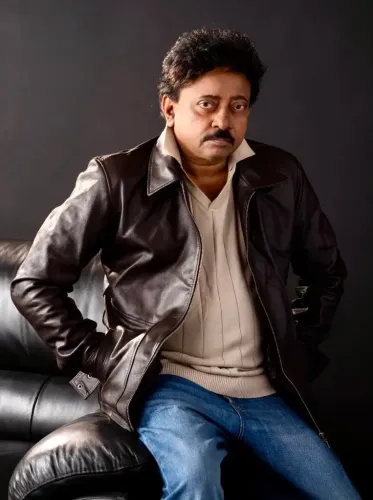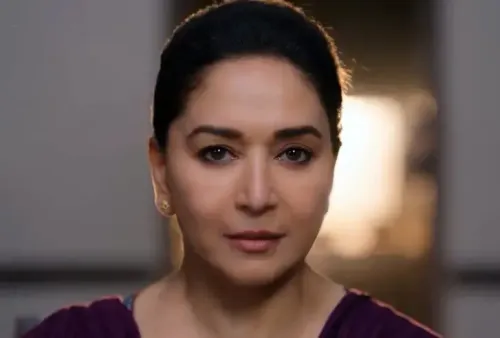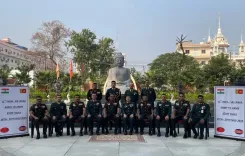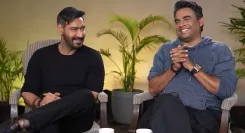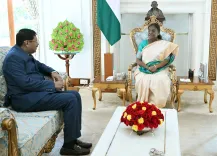How Did Amitabh Bachchan's Characters in 'Anand' and 'Zanjeer' Reflect Similarities?
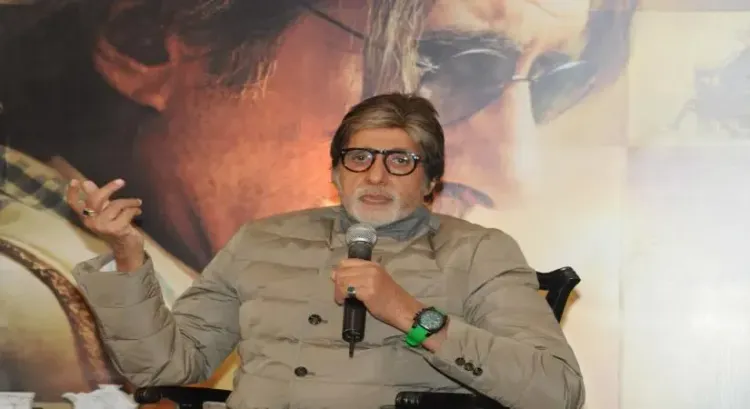
Synopsis
Key Takeaways
- Amitabh Bachchan has had a profound impact on Indian cinema.
- His characters in Anand and Zanjeer share themes of rebellion.
- The order of film releases can significantly influence character perception.
- 'Babu Moshai' embodies a duality of internal and external conflict.
- Both roles reflect a societal critique that resonates today.
Mumbai, Oct 5 (NationPress) Amitabh Bachchan has portrayed numerous iconic characters throughout his extensive acting career. Let's revisit the moment when the legendary actor discussed the similarities between his roles in the films "Anand" and "Zanjeer".
In a past interview, Amitabh was queried, "The character you embodied in Anand remains etched in the memories of audiences. Although you later took on diverse roles, the persona of the angry young man lingered for quite some time. What might explain this?"
Big B asserted that had Zanjeer been released prior to Anand, his character Babu Moshai would not have emerged, given the overwhelming strength of his role in Zanjeer.
Amitabh explained, "It is a matter of fate that a film like Anand was launched before Zanjeer. Had Zanjeer come first, it’s likely that my character Babu Moshai from Anand would never have been realized because the character in Zanjeer was so commanding that it overshadowed all others."
He elaborated that both characters in Anand and Zanjeer were rebelling against injustices they perceived.
"Babu Moshai from Anand shares a vital connection with the police officer from Zanjeer, as the doctor in Anand also harbored a suppressed urge to rebel, which few recognized. He opposed the conventional practices of doctors at that time, disliking the idea of prescribing numerous medications to treat his patients.
This same spirit of rebellion manifested differently in Zanjeer," Amitabh remarked.
Drawing a comparison between the two roles, Big B noted, "However, the character in Zanjeer was portrayed more positively, exhibiting a tangible form of that rebellion. The police officer, who faced injustice and was unjustly dismissed, strolls into Pathaan's lane and states, 'I’m no longer in uniform, let’s converse now'. This was far more thrilling than a doctor whose dissent was more introspective - 'Why are individuals profiting from these medicines?'"

